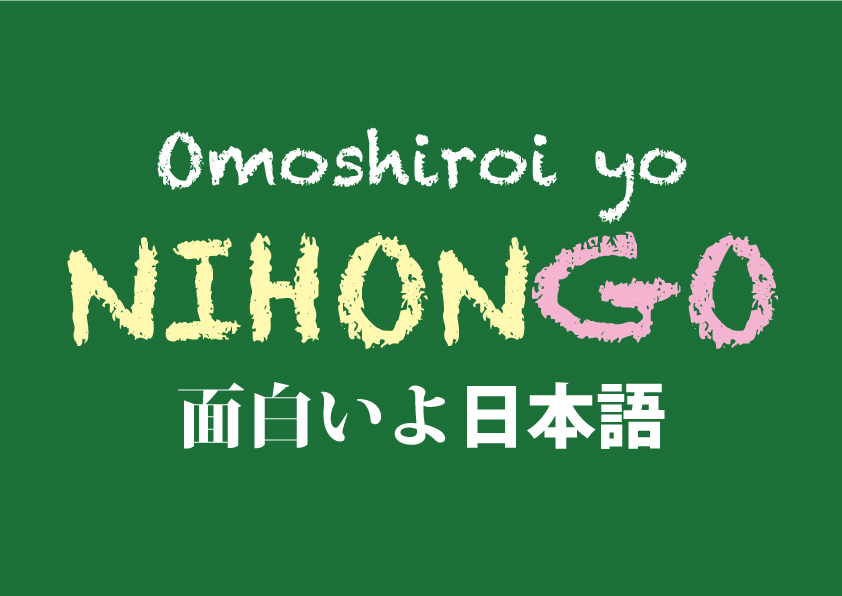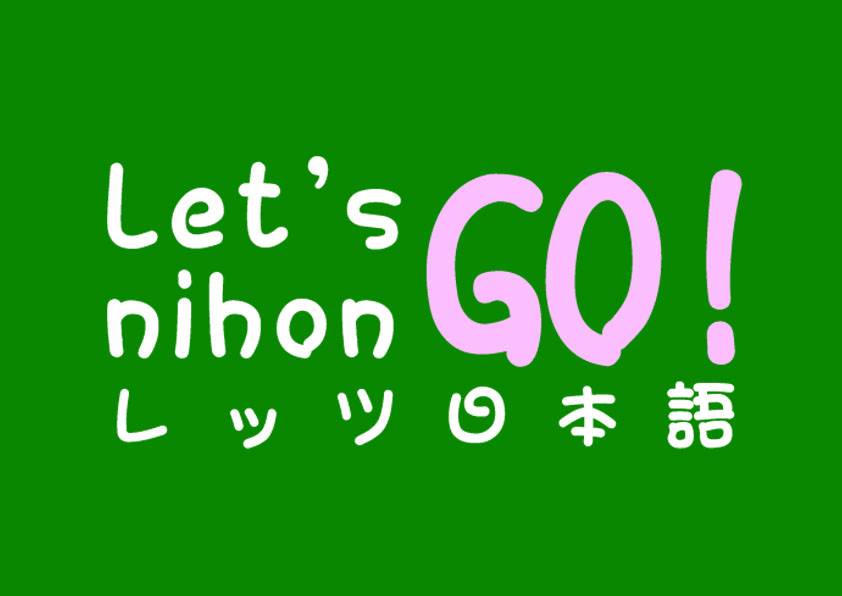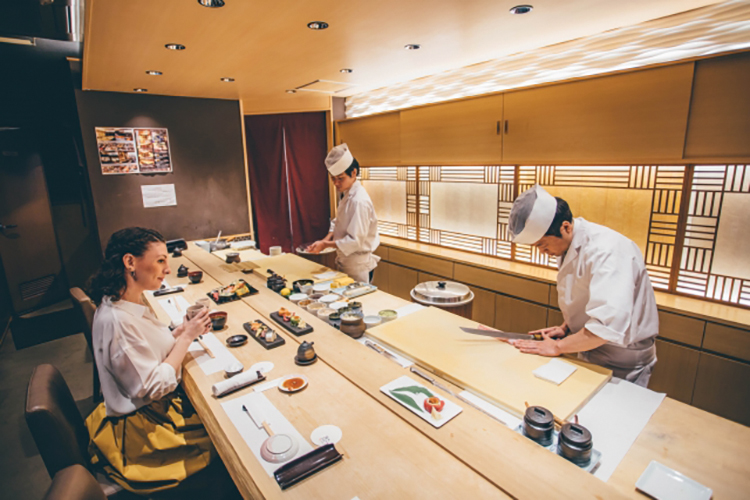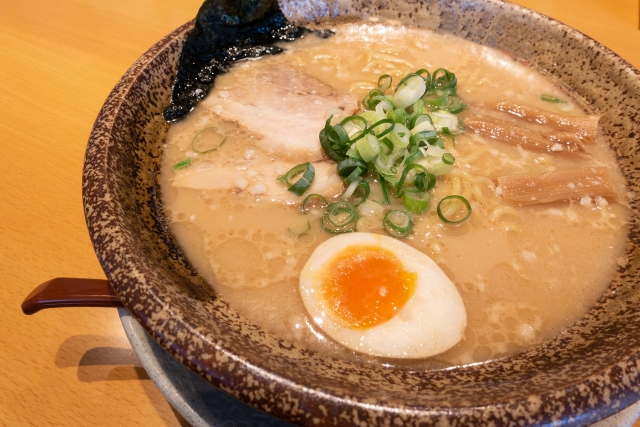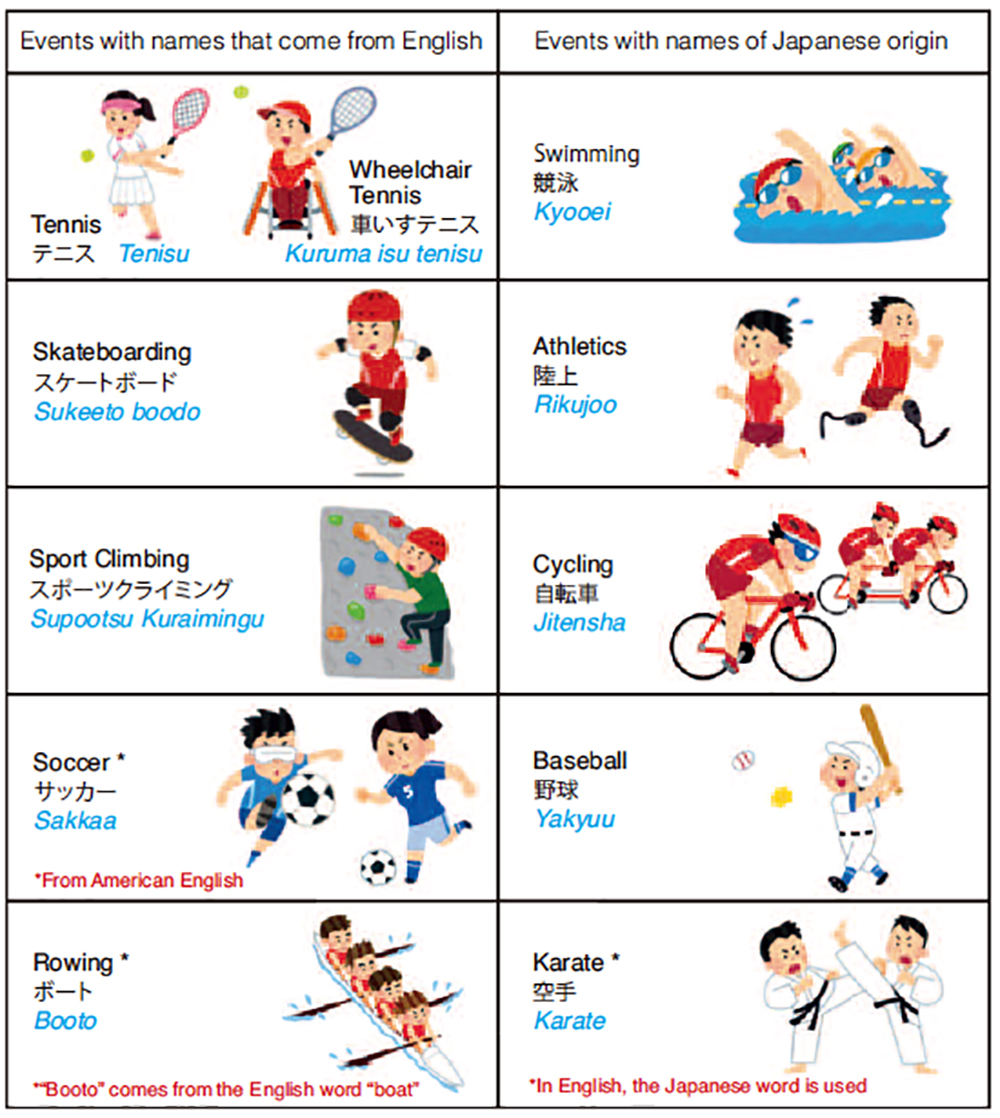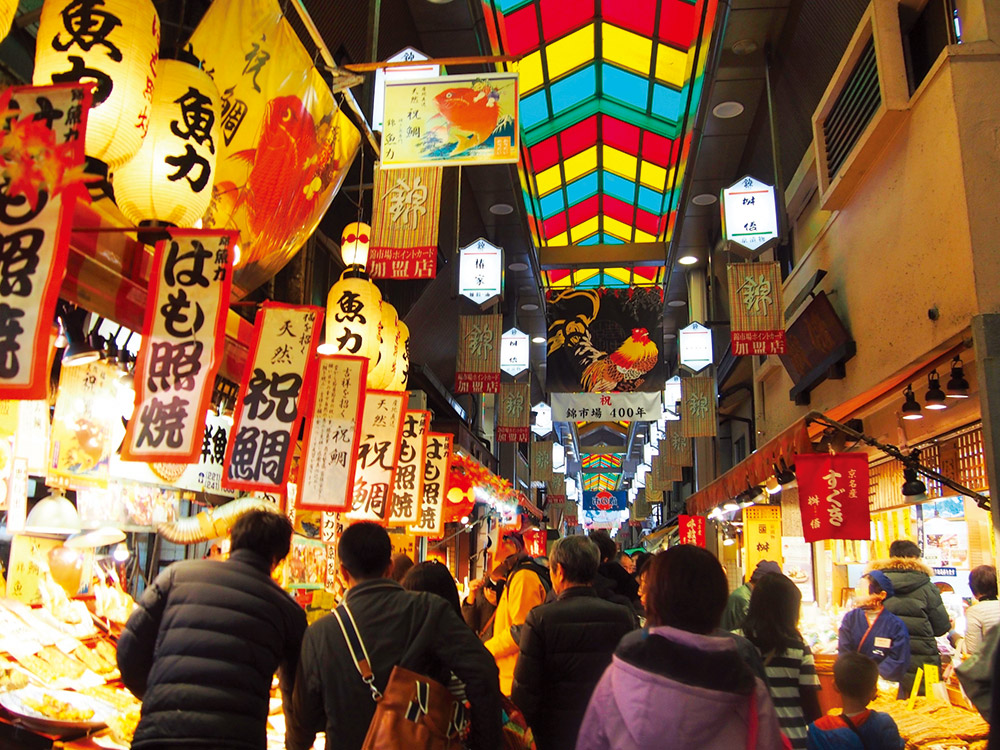

Hello there! This column will include useful Japanese phrases that cover a variety of topics.
Mina-san, konnichiwa! (Hello, every- one!) What sort of places would you like to visit if you went to Japan? Of course, it’s fun to wander around the usual tourist spots of Tokyo with your guidebook clutched in one hand… but don’t you think it’s also lovely to do a bit of local tourism seeing as you’ve come all the way to Japan? It’s exciting to make your own travel itinerary by talking to and getting to know people, and finding out information only locals would know. This month, I’ll introduce a few phrases to help you if you ever go on such an adventure!
First, let’s talk to the locals you’ll meet!
A: Sutekina machi desu ne!
(What a lovely town!)
Actually, most locals would be thrilled if a traveller to their town was able to even just greet them in Japanese, but let’s charm the locals further from the moment of meeting! The sentence above is just an example, but you can change the sentence according to the place or the situation using your own words. use “ADJECTIVE + NOuN + desu ne” to convey your impressions, and then you will be able to praise people or things in Japanese. You can use it in shops, restaurants, walking along the street and so on, like so: “Oishii (delicious) koohii (coffee) desu ne! (=What delicious coffee!)” or “Ii (nice) tenki (weather) desu ne! (=What nice weather!)”. In crowded local areas such as 下町 shitamachi (downtown) or 商 店 街 shootengai (shopping arcades), you’ll often be bunched up close with other people, and that should give you many chances to make conversation.
So now you’ve been able to initiate a bit of a chat, let’s quickly ask the local person for some information about the places you should visit!
A: Konohen de, doko ga osusume desu ka?
(Where would you recommend in this area?)
You can swap out “どこ doko (where)” in the above model sentence for the following two words, you can alter it to say lots of different things: “何 nani (what)” and “どれ dore (which)”. For example, if you don’t know what to order in a restaurant, you can ask the waiter: “何がおすすめですか。Nani ga osusume desu ka? (=What do you recommend?)”. What’s more, if you attach “NOuN + de” to the front of the sentence, you are able to specify the category or location of a thing you are asking about. For example: “Nihon-shu de, dore ga osusume desu ka? (=Which Japanese saké would you recommend?)” If you want local information, it’s best to ask local people! Then, using the information you’ve collected, try walking the area and looking for hidden houses and shops, enjoying a holiday of chance encounters.
Here’s some bonus info! Do you know about “値切り negiri (haggling)” culture in the Kansai Region and particularly in Osaka?
A: Oba-chan/Oji-chan, chotto maketee.
(Miss /Mate, Could I get a discount?)
Of course, you can’t haggle for every item you buy, but when you’re buying expensive electronic goods, you can get a fraction off. The same goes for going shopping in a “shootengai” – when you buy lots of things together all at once, you might get given something extra. You’ll need to get on good terms with the shopkeeper, though. If you’re confident, you should try negiri! Go into it with a “Maybe I’ll be lucky!” attitude.
Finally, there’s only one month left of 2019. What sort of year did everyone have? For me, my year was a “挑”. This year I had many opportunities to challenge myself with new or difficult jobs, so I picked this kanji meaning “challenge” because it fit my year so perfectly! Every year in December in Japan, the whole of the country is asked to come up with one kanji character that sums up the spirit of the times, and there is an event called “今年の 漢字 Kotoshi no Kanji (Kanji of the Year)”. This tradition is one of the ways of seeing out the current year. Let’s all look back on the past year and pick out our own “Kanji of the Year”. I hope you all have a wonderful 2020!
Kotoshimo osewa ni narimashita. Yoi otoshi o!
今年もお世話になりました。よいお年を!
(Thank you for reading this year and have a very Happy New Year!)

Check out “shootengai”
https://webjapan.org/jvt/en/streaming/mp4/jvt_14-15_no2_3_en_256k_mp4.html
Check out “kanji of the year 2018”
https://jpf.org.au/senseis-voices/2018-kanji-of- the-year/

